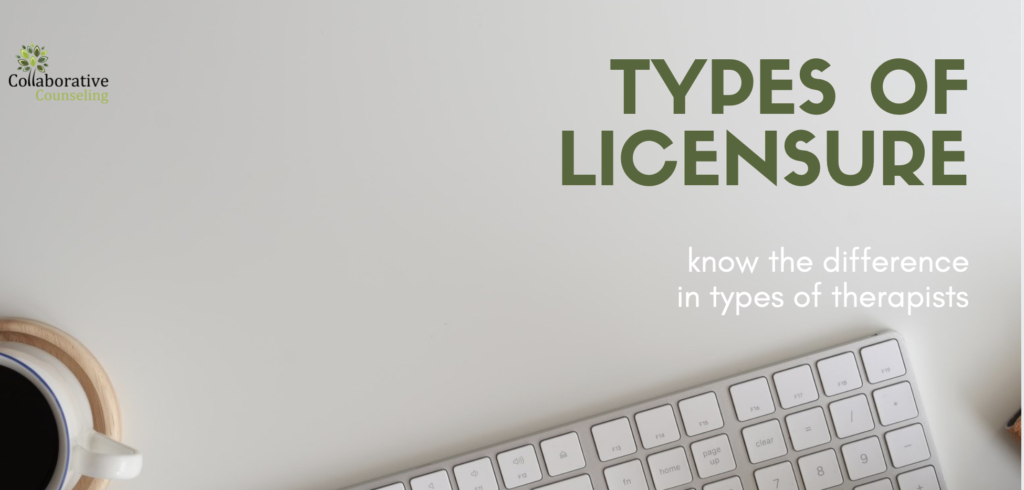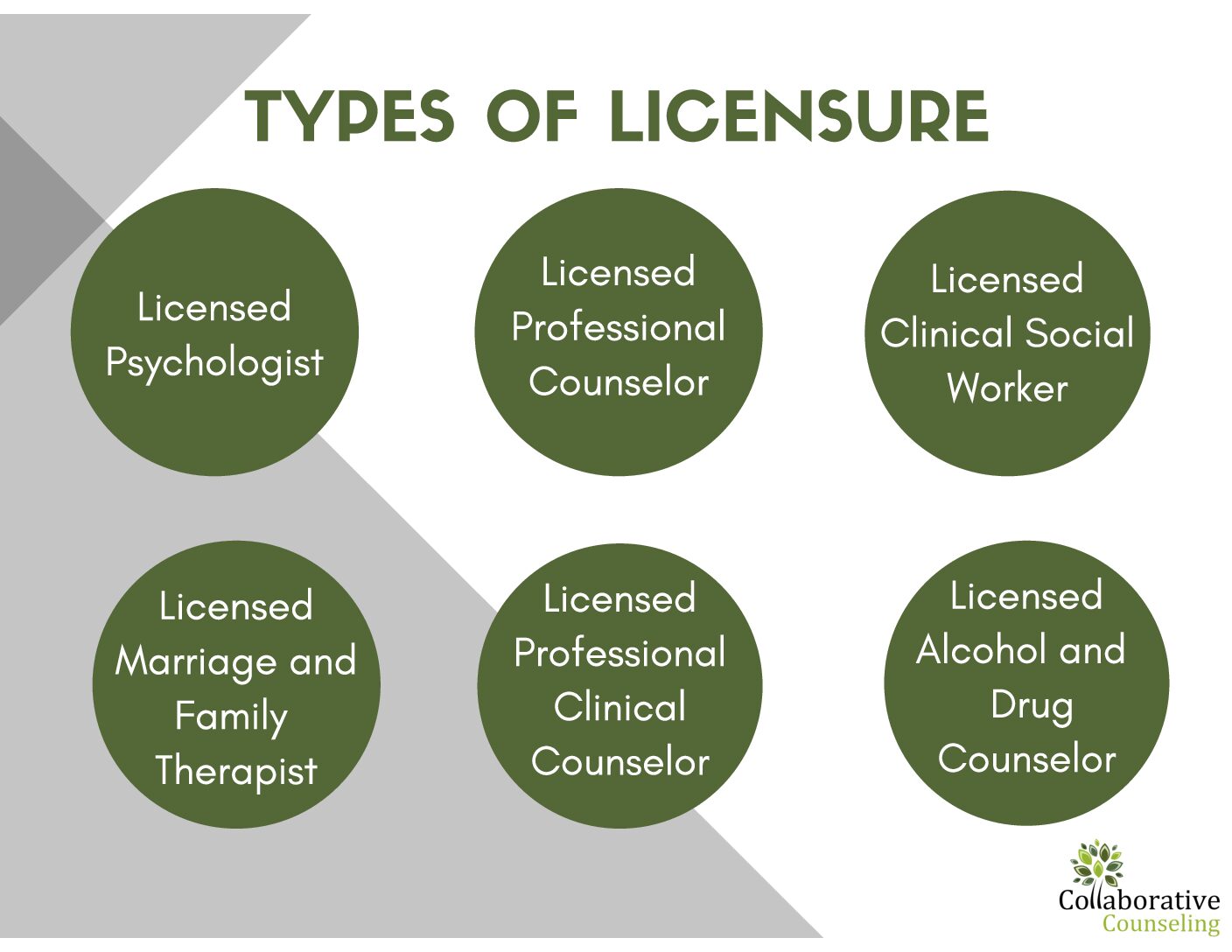The New Year is Finally Here
Posted by Collaborative Counseling

Amidst all the joy and excitement surrounding the holiday celebrations, we often find ourselves overwhelmed by all that the New Year has to offer. We get worn out by all of the holiday parties, or we put too much pressure on ourselves to live our next year better than the last. Here are a few small things that we can do to have a big impact on how we find joy in the new year:
Set some time to recharge
We can remember to charge our phone’s low battery, but how often do we pay attention to our own energy? Giving ourselves permission to relax physically, emotionally, and socially is important. It gives us the power we need to keep doing the things that we love to do. This doesn’t have to be something that is a big-time commitment – even taking a break for 30 minutes can make a huge difference.
Once we’ve designated some time to recharge, we can choose any activity like:
- reading
- listening to music
- exploring the outdoors
- baking
- or snuggling our pets.
Remember, pick an activity that draws you away from the hustle and bustle. Your mind and body need an appropriate amount of time and space to relax.
If you find that you are still struggling to manage stress, check out our 5 Tips for Managing Stress
Celebrate Your Successes
Oftentimes, we get caught up in all the ways we can make the next year “better”. We get so focused on meeting future goals, that we forget to celebrate our past accomplishments. This year, take a moment to reflect on all of the things that you achieved in 2021. Perhaps there is a new habit that you developed that you hadn’t even noticed – rinsing your dishes, journaling, listening to a podcast, or drinking more water. Perhaps there were new chapters that you started like joining a league, owning a car, changing careers, or moving homes. Every time we accomplish something new, no matter how easy or hard, we deserve to give ourselves a little credit.
Try Something New, But Simple
Around this time, we tend to start hearing more about trying new goals. We hear phrases like “saving 15% more of my income” or “biking an extra 200 miles”. While these big goals might be exciting for some, they can be daunting to others. There are plenty of ways to celebrate the “new” in New Year, without getting overwhelmed.
Try picking one new thing to try that you’ve never thought of doing before. Maybe it’s visiting a museum, exploring a new park, or trying new food. New experiences can be exciting, without being big or expensive! Get out there and try something new
Apply Your Passions
One way we can try new things is to volunteer. Sometimes we tend to steer clear from “volunteering” because we associate the word with a high requirement of commitment and a low expectation of satisfaction. We forget that many times, there are opportunities to give back in ways that we know we’ll enjoy.
For example:
- Do you have a love of animals? Consider volunteering to walk dogs, or foster kittens.
- Are you an athlete? Consider volunteering to coach a little league.
- Are you passionate about history? Ask about volunteering as a local tour guide.
There are plenty of ways to find opportunities that align with your interests and help the needs of others.
Want to take these ideas and run with them? PsychologyToday.com’s article, “Rebooting 2022 for Fresh Awakenings”, has a list of ideas on where you can start.
Happy New Year!
Read More
 View Our Locations
View Our Locations Request Appointment
Request Appointment











